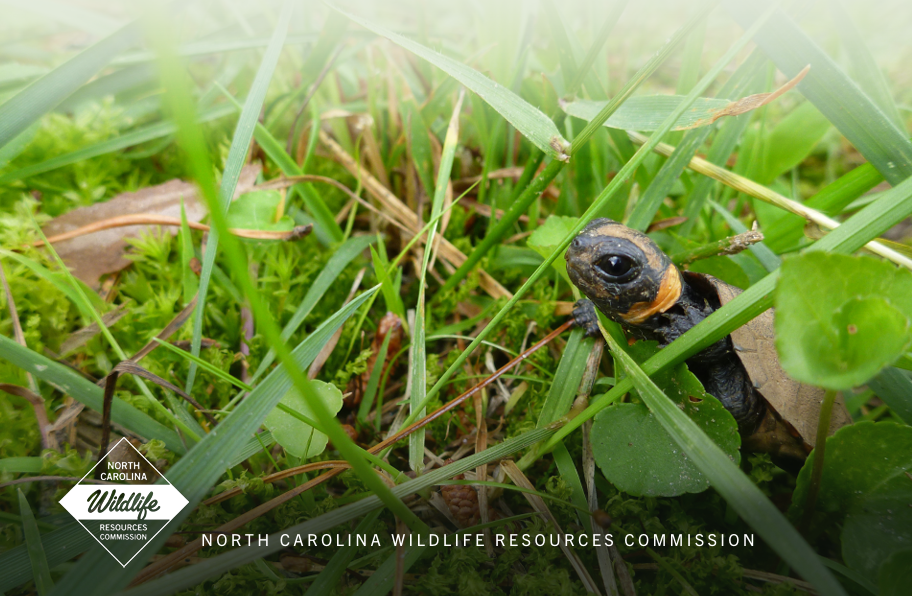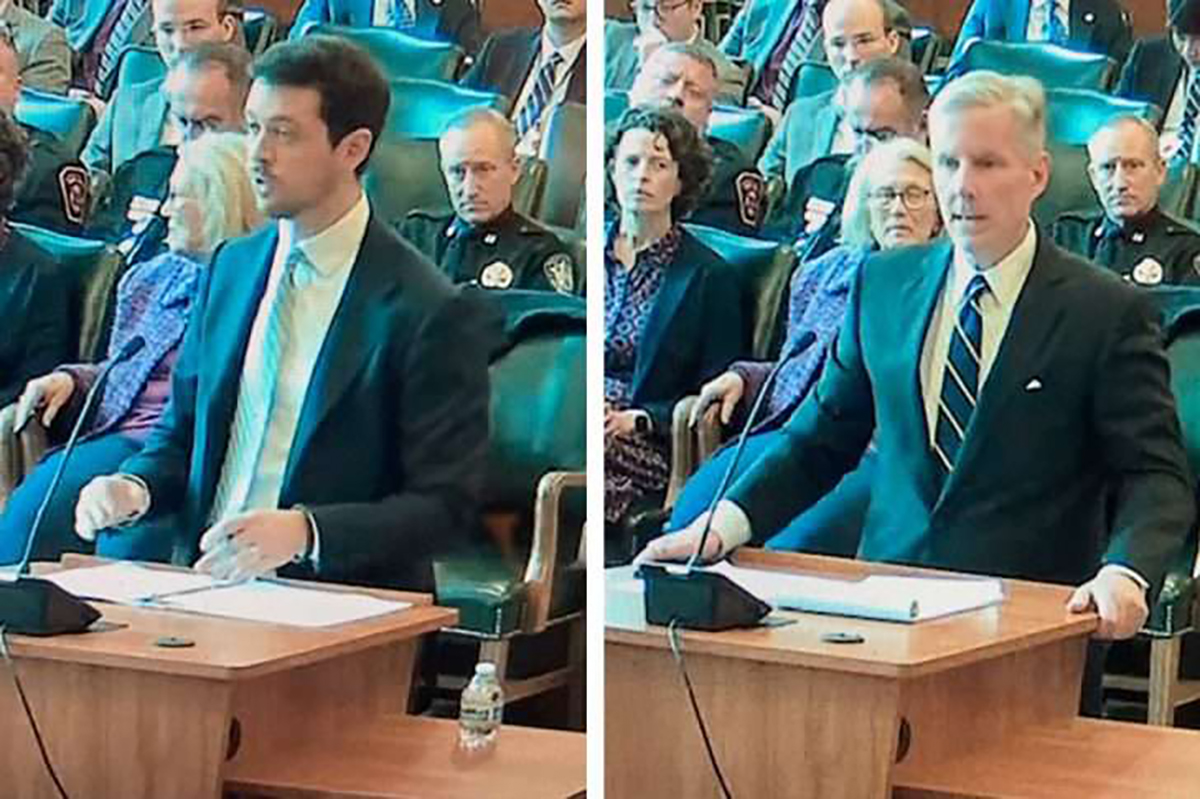DARE COUNTY — The Conservation Fund and Roanoke Island Historical Association announced Thursday a partnership that supports the future of the “The Lost Colony” outdoor drama and preserves the historic and natural landscape surrounding the Fort Raleigh National Historic Site.

The Roanoke Island Historical Association, or RIHA, on Feb. 2 sold 20 acres along U.S. Highway 64 for conservation to the Conservation Fund, a national environmental nonprofit. The association will add proceeds from the sale to its endowment to perpetuate “The Lost Colony” outdoor drama, one of the top tourist attractions in the Outer Banks.
Supporter Spotlight
The Conservation Fund will temporarily own the property until funding is available to transfer the site to North Carolina Department of Natural and Cultural Resources. The National Park Service and Roanoke Island Historical Association will help the Conservation Fund manage the property during the hold period. Under future state ownership, the land will be managed by the National Park Service, according to the announcement.
“It is an exceptional moment in the life of a nonprofit when its board of directors can strengthen its financial undergirding while allowing us to be stewards of land with both historic and community value,” William P. Massey, chair of association’s Board of Directors, said in a statement. “Purchase of this property by The Conservation Fund permits RIHA’s Board of Directors to add to its endowment that annually supports operations for The Lost Colony. Additionally, preservation of the property benefits our community by retaining the natural state of land adjacent to The Lost Colony, Fort Raleigh National Historic Site, and The Elizabethan Gardens.”
The North Carolina Clean Water Management Trust Fund, Fred and Alice Stanback and other private funding are supporting the project.
“This land acquisition essentially finishes the protection of the Fort Raleigh National Historic Site and the site of the Lost Colony by securing an inholding in the Park and removing any threats from development,” Mike Leonard, Board Chair for The Conservation Fund, said in a statement.
“This site is such a special place in our State – a place that truly brings together North Carolina’s rich history, natural beauty and some of our most treasured cultural experiences,” said Susi H. Hamilton, secretary of the N.C. Department of Natural and Cultural Resources. “I am thrilled that this acquisition will secure its future for generations to come, and so proud that the Department of Natural and Cultural Resources has a role to play in this effort.”
Supporter Spotlight
The Fort Raleigh National Historic Site preserves and interprets the cultural history of those who lived on Roanoke Island. Known sections of England’s first New World settlements from 1584 to 1590 are protected within the National Historic Site along with the Roanoke Island maritime forest, according to the release.
“Fort Raleigh National Historic Site, the location of the First English settlement in the United States and a location that preserves the cultural heritage of the Native Americans, European Americans and African Americans who have lived on Roanoke Island, is a location of National significance,” said David Hallac, National Park Service Superintendent of the Outer Banks Group, which includes Fort Raleigh National Historic Park. “We are grateful to The Conservation Fund for their generous efforts to protect these lands, the State of North Carolina’s Clean Water Management Trust Fund’s financial support, and the Roanoke Island Historical Association’s hard work to find partners in conservation.”
Recently, the Conservation Fund made a loan to North Carolina Coastal Land Trust for the conservation of land at a new North Carolina State Natural Area 50 miles to the west of Fort Raleigh, where archaeologists recently found evidence that at least some of the Lost Colonists moved more 400 years ago.
“Essentially, we are working to preserve both the Lost Colony and possibly a ‘found colony’ at the same time,” added Leonard.







